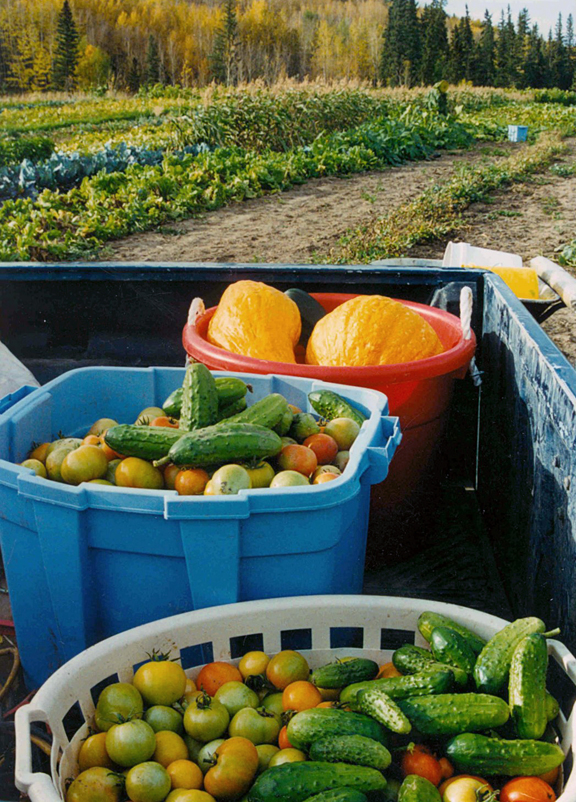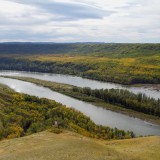Two items for you today.
I have written a bit lately about civil disobedience and have got some feedback.
Civil disobedience must not under any circumstances be violent and it must be carried out as Mohandas K Gandhi saw it – passive resistance. If there is any violence it must come from the other side. There must be no damage done and, most importantly, those who commit civil disobedience must be prepared to take whatever the law dishes out. This was Gandhi’s history and has been, as a good example, the history of roadblocks which have been raised by First Nations when the Government (usually) has refused to recognize their rights.
Civil disobedience comes after civil dissent has not brought about justice.
Traditionally, the story goes like this: A project is approved by the government, and dissenters, having done all the peaceful dissenting they can, try to stop the process by standing in front of bulldozers and similar deeds. The company, with the active assistance from the government, goes to court and a judge issues a ruling that the dissenters refrain from impeding the undertaking; when the dissenters disobey, the court orders them jailed until they have “purged their contempt”, meaning they have said they’re sorry and promised never to do it again. In short, the court turns a civil matter into a crime.
Those who support these kind of legal shenanigans say “the dissenters broke the law and therefore should pay, smothered by pious statements about the Rule of Law. On the surface this is a very tempting argument but it ignores the facts leading up to these “crimes”, namely, that the public has not been consulted about the project in question. There has been no opportunity for the public not only to speak on the matter but also be heard.
The Public hearings on environmental matters arising of private power cases tell the story: they are held by the company, which invariably holds them at an inconvenient location, far from where most people live, in a venue which is not big enough to accommodate those who wish to be heard. The hearing is chaired by a government suck and no questions as to the wisdom of the project are allowed. Whether or not the people want their river to be destroyed is totally out of order – EXCEPT when the company rep wants to sing the praises of the project he can do so to his hearts content. I have been to several of these and ruled out of order in all of them and rather than go through that sham again, I’d rather have a root canal without anaesthesia!
The strategy has been worked out in advance by the government, which you would think would strongly support the right of the people to be heard, but, knowing where its election funds come from, conspires with the company to go through the motions of a sham then put people in jail.
Hundreds leave these meetings feeling cheated of their democratic to be heard and they have indeed been cheated. When they refuse to obey a sham decision it is they, not the ones abusing their democratic rights, who go to jail.
When, out of this disgraceful exercise in dictatorship the bulldozers come out, it’s the moment of truth – do dissenters simply walk away saying, “Oh, well, the fix was in as usual but I must do as I’m told” – or do they continue their dissent right into the jail cell?
They know that the judge, just like the chair of the so called environmental hearing, will rule as out of order any defence demanding the right to be heard on its merits.
The mindset of governments in general but especially the Campbell/Clark government has was neatly set forth by its former Transport Minister and now Finance Minister Kevin Falcon as follows: ”China really has the ultimate government structure…the Chinese don’t have the labour or environmental restrictions we do. It’s not like they have to do community consultations. They just say ‘we’re building a bridge’ and they move everyone out of there and get going within two weeks. Could you imagine if we could build like that?”
Civil Dissenters who become civilly disobedient have shaped the democracies we live in be it for the vote, women’s rights, or fairness in the workplace and by so doing have consistently demonstrated that the self centred and comfortable establishment don’t support anything, including justice, to interfere with their privileged position.
_______________________________________________________________________
Since Damien Gillis and I founded the Common Sense Canadian a year and a bit ago, the response has been overwhelming and we have to accommodate ourselves to that. There are but two of us without clerical staff to help us. Because of what was going on at the time, we tended to work mostly on private power issues (both of us having been part of the Save Our Rivers Society), fish Farms, because of my long association with Alexandra Morton, and pipelines and tankers, as a direct result of their harm to fish and rivers and farmland. These are by no means the only issues and that’s my point – almost daily it seems another environmental outrage comes across our desks. We want desperately to help but just don’t have the wherewithal.
Damien and I have thought about this – a lot. Our website, TheCanadian.org gets wide readership, so why not create a bloggers’ page where we can give publicity to efforts we just don’t have the time ourselves to do them justice.
We’re working out the details now so stay tuned – changes are on the way!





 At one time, a single farm run by Lynda and Larry Peterson provided a quarter of the region’s potatoes and a market garden with fresh fruits and vegetables of a wide variety.
At one time, a single farm run by Lynda and Larry Peterson provided a quarter of the region’s potatoes and a market garden with fresh fruits and vegetables of a wide variety.